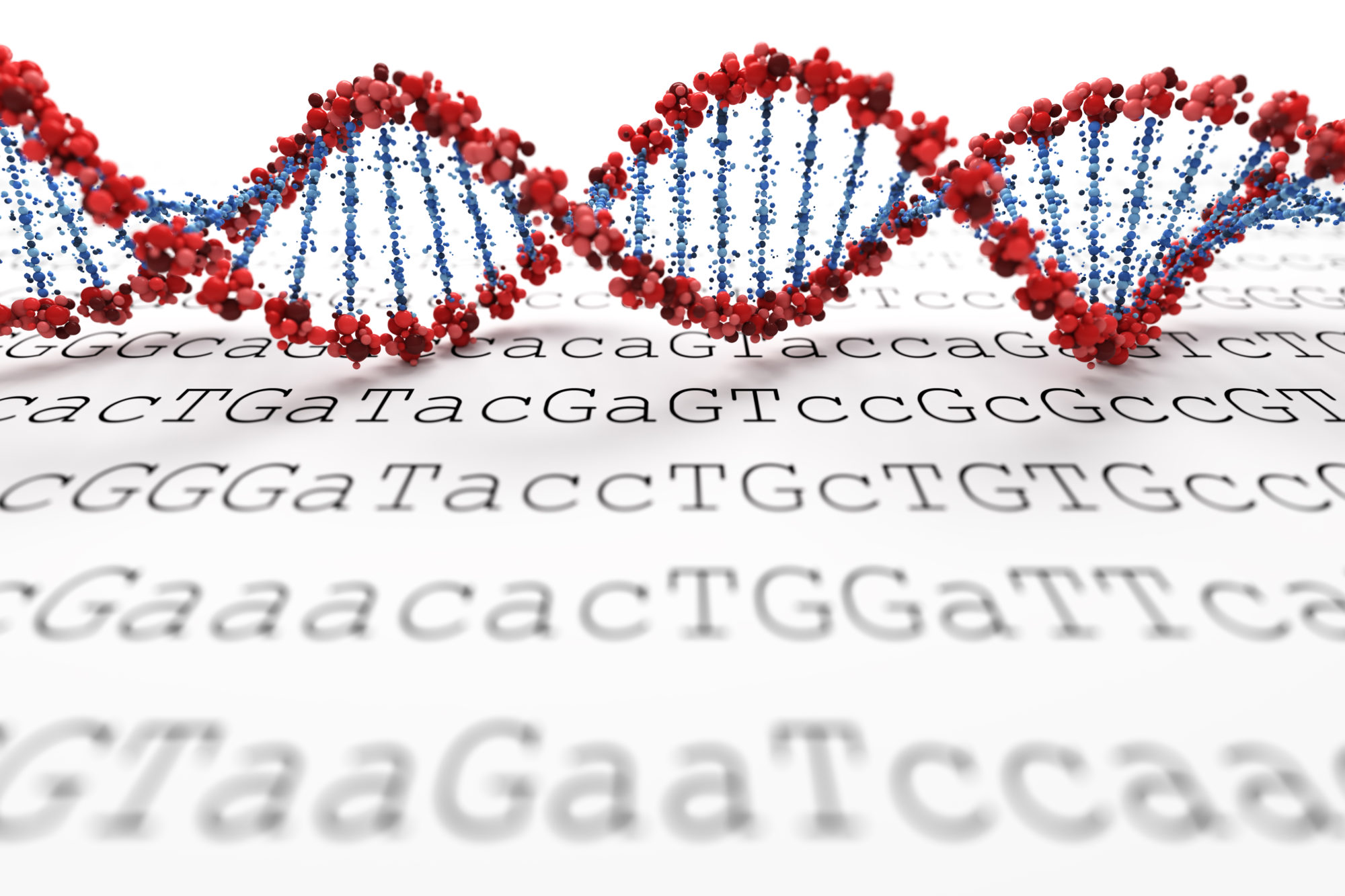If you or a loved one are struggling with a mental illness and have been charged with a crime, you may be eligible for treatment that results in both the dismissal of the case and the sealing of your records. This applies to felony, misdemeanor, or wobbler charges. Known as a Mental Health Diversion, this pretrial program in California offers defendants a true second chance.
In many cases, the program also provides the unique opportunity for someone to invest in their mental health for up to two years with the assistance of the court. The judge, probation, mental health advisors, and defense attorney work together with the best hopes for your success as you go through and complete your treatment. The resulting gift of a cleared record upon completion rarely exists in our criminal justice system.
By keeping your record clear for employment, housing, and related purposes (like professional licensing), your life and your future can remain unaffected. But taking this opportunity requires swift action. It can be especially confusing to understand the specific mental health and legal terminology related to the program. That’s why experienced, quality representation matters. Let’s take it step-by-step together.
WHAT IS CALIFORNIA’S MENTAL HEALTH DIVERSION PROGRAM & WHO IS ELIGIBLE?
The Mental Health Diversion program is a pretrial diversion program. This means that after you are arrested and charged with a crime, you enter the Mental Health Diversion program instead of being immediately sentenced through a trial or plea deal.
In order to qualify for a Mental Health Diversion program, outlined in Penal Code 1001.36, the following requirements must be met:
- The defendant must have a qualifying mental illness as listed in the Diagnostic and Statistical Manual of Mental Disorders (DSM-5). The mental illnesses that qualify include (but are not limited) to bipolar disorder, schizophrenia, and PTSD (post-traumatic stress disorder). Three conditions not eligible include antisocial personality disorder, borderline personality disorder, and pedophilia. The process of qualifying the mental illness includes a review of medical records and related reports.
- The mental disorder must have played a significant role in the offense and be one that can be successfully treated in the opinion of a qualified mental health professional. Qualifying evidence can include witness and police reports, as well as the aforementioned record and reports, and transcripts from the preliminary hearing.
- The defendant must waive their right to the sixth amendment, which is for their right to a trial without delay. If the defendant is unable to consent, due to their mental state, they can still be offered a diversion without it by waiving this requirement.
- The defendant must agree to the treatment. Further, the court must determine that the defendant is not an unreasonable risk to public safety. This is one of the places where proper defense is key. The opinion of the defendant’s lawyer is weighed along with that of the district attorney, as well as opinions from mental health experts, the defendant’s criminal history, and the severity of the offense.
NOT ALL CRIMES ARE ELIGIBLE FOR MENTAL HEALTH DIVERSION
Not all crimes are eligible for consideration through Mental Health Diversion. The excluded crimes were most recently updated in California Senate Bill 215. These include involuntary manslaughter, failure to register as a sex offender, and rape and other sex offenses. Other violent felonies and related offenses can also be cause for disqualification. This is where having a proper defense to work with the prosecutor can make the difference between the diversion program being approved or denied.
ADDITIONAL RELIEF FOR MOST MISDEMEANORS THROUGH AB 3234
In addition to the Mental Health Diversion, there are increased general diversion opportunities in the recently passed Assembly Bill 3234. As mentioned in a roundup of the new laws, it offers increased diversion opportunities for a host of misdemeanors upon completion of a court-ordered program.
Further, the law stipulates that superior court judges have the discretion to offer diversion opportunities – even against the objection of a prosecuting attorney. Offenses including corporal spousal abuse, stalking or sex crimes are excluded. Additionally, defendants are not required to enter a guilty plea prior to entering a diversion program. Unlike other general misdemeanor diversions, the bill has no statutory eligibility requirements for the defendant to satisfy and no misdemeanors are statutorily excluded.
ADDITIONAL TYPES OF PRETRIAL DIVERSION PROGRAMS AVAILABLE
In addition to the Mental Health Diversion program (Penal Code 1001.36), here is an explanation of the other available pretrial diversion programs.
Drug Diversion Program (Penal Code 1000): allows a treatment and education diversion program for defendants arrested for low-level, non-violent drug crimes with no previous disqualifying convictions in the last 5 years. Mainly for drug possession. For more details, this blog provides further information.
Military (or Veterans) Diversion Program (Penal Code 1001.80): defendants are often eligible for a treatment and diversion program for the following conditions: PTSD, sexual trauma, traumatic brain injury, substance abuse, or mental health problems. For more details, read this recent blog post.
Misdemeanor Diversion Program, (PC 100.95 – 100.97), greatly increases diversion opportunities for various misdemeanor cases in California. Simply put, defendants with misdemeanors could have their case dismissed or erased upon completion of a court-ordered education or treatment program. No “guilty” or “no contest” plea is required to enter the diversion program. For more details, read this recent blog on the subject.
Qualifying for a diversion program can be a complex process, but fortunately, an experienced criminal defense attorney can help you realize your best outcome.
GET THE PEACE OF MIND YOU NEED WITH PROPER DEFENSE
Specific diversion program details can vary by county. State and Federal laws are continuously changing. With a proper defense, you’re in the best position to qualify for the treatment and diversion opportunities you need.
For a true advocate that you can trust, in a judgment-free zone, contact Proper Defense Law Corporation today. For a FREE consultation in the Fresno area, call (559) 825-3800. You can reach us at our Beverly Hills location by calling (424) 284-4066. You can also schedule an appointment online on our Contact Us page. It gets better with Proper Defense, we promise.
In addition to this information, other resources that may be available to you can be found by searches such as: mental health diversion program los angeles, mental health diversion programs, ab 1810 mental health diversion, charges dropped due to mental illness, mental diversion meaning, mental health diversion motion, mental health diversion lawyer, mental diversion meaning, california mental health diversion 2021, judicial diversion california 2021, AB 3234, best criminal attorney in california, best criminal defense attorney in california, misdemeanor diversion program california 2021, dui diversion program california 2021, list of diversion programs, pretrial diversion california, felony diversion program california, or penal code 1001.36.








